
The Chinese people effectively exercise the state power through people's congresses at all levels. The system of people's congress is a fundamental political system of China. It is via the National People's Congress (NPC) and local people's congresses at different levels that the Chinese people are involved in managing state affairs and exercising the state power. The people's congresses exercise such functions and powers as legislation, supervision, decision-making, appointment and removal. Since 2010 the NPC and its Standing Committee have enacted and amended 45 laws, including the Criminal Law, Criminal Procedure Law, Electoral Law of the People's Republic of China on the National People's Congress and Local People's Congresses, Law of the People's Republic of China on Deputies to the National People's Congress and Deputies to Local People's Congresses, State Compensation Law, Organic Law of the Villagers' Committees, and Administrative Compulsion Law, further improving the country's legal system for protecting human rights. In March 2010 the NPC approved the decision to amend the Electoral Law of the People's Republic of China on the National People's Congress and Local People's Congresses, stipulating that the same percentage of deputies be elected in both urban and rural areas to the people's congresses to ensure that they are as widely representative as possible. This measure has further improved the electoral system, making it give better expression to equality among the people, between regions and among ethnic groups. China's legislature ensures the public's wide participation in legislation through multiple forms, such as releasing the draft of a law and holding hearings, demonstration meetings and symposiums. In 2011 when the Law of Personal Income Tax was being amended, China's legislature made the draft amendment to the public and sought the people's opinions. In just a little more than a month, a total of 230,000 opinions were collected. Of the people who expressed their opinions via the Internet, 83 percent said that they hoped to see the tax exemption threshold further raised appropriately on the basis of the initial plan. The NPC Standing Committee revised the draft by increasing the monthly tax exemption threshold from 2,000 yuan to 3,500 yuan. Since 2010 the NPC and its Standing Committee have intensified their supervisory efforts and enhanced the pertinency and effectiveness of such supervision. Since 2010 the NPC Standing Committee has launched 13 rounds of supervision over law enforcement, and reviewed 31 work reports on special topics from the State Council, the Supreme People's Court and the Supreme People's Procuratorate, and made nine inquiries over specific topics.
Consultative democracy enables citizens to have more extensive rights in the management of state affairs. Socialist consultative democracy is an important form of democracy for the Chinese people. In recent years, China has continued to improve the consultative democracy and its work mechanisms, promoting its extensive, multi-level and institutionalized development. Through various channels, the CPC and the Chinese government conduct extensive consultation to pool wisdoms of the people over major issues in economic and social development and problems of immediate concern to the people's interests. Efforts are being made to adhere to and improve the CPC-led multi-party cooperative and political consultative system, and give full play to the people's political consultative conferences as an important channel of consultative democracy, incorporating political consultation into the decision-making procedure and making consultation an important part of decision-making. From 2008 to 2012, the 11th National Committee of the Chinese People's Political Consultative Conference (CPPCC) launched more than 420 consultative activities. Since 2010 the CPPCC National Committee has received 16,743 proposals, among which 882 came from the central committees of non-Communist parties and the All-China Federation of Industry and Commerce; the CPPCC National Committee has held six standing committee meetings and a number of consultative meetings on special topics, and went on 296 investigation tours. Political consultation with non-Communist parties is being constantly strengthened. Before making any major decisions, the CPC Central Committee invites major leaders of non-Communist parties and representatives of personages without party affiliation to democratic consultative meetings, small heart-to-heart meetings, or symposiums, giving them a briefing, listening to their opinions and discussing state affairs together with them. The CPPCC National Committee conducts investigations and research on the most specific problems of the utmost and immediate concern to the people. Its proposals on protecting the legitimate rights and interests of migrant workers, people left behind in the countryside as caretakers, the disabled, and employees of reorganized state-owned enterprises go a long way to promoting the people's livelihood. The CPPCC National Committee has made follow-up investigations on the poverty-reduction work in the Wuling mountains and some other regions that suffer from abject poverty, and then proposed increasing financial input in these regions' rural infrastructure, establishing and improving such mechanisms as capital input, ecological compensation and regional cooperation. These proposals were highly valued and adopted by the CPC Central Committee. Their proposals also played an important role in helping formulate and release the Regional Development and Poverty-reduction Planning for the Wuling Mountainous Area.
【11】 【12】 【13】 【14】 【15】 【16】 【17】 【18】 【19】 【20】
【21】 【22】


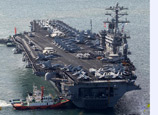
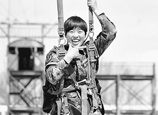
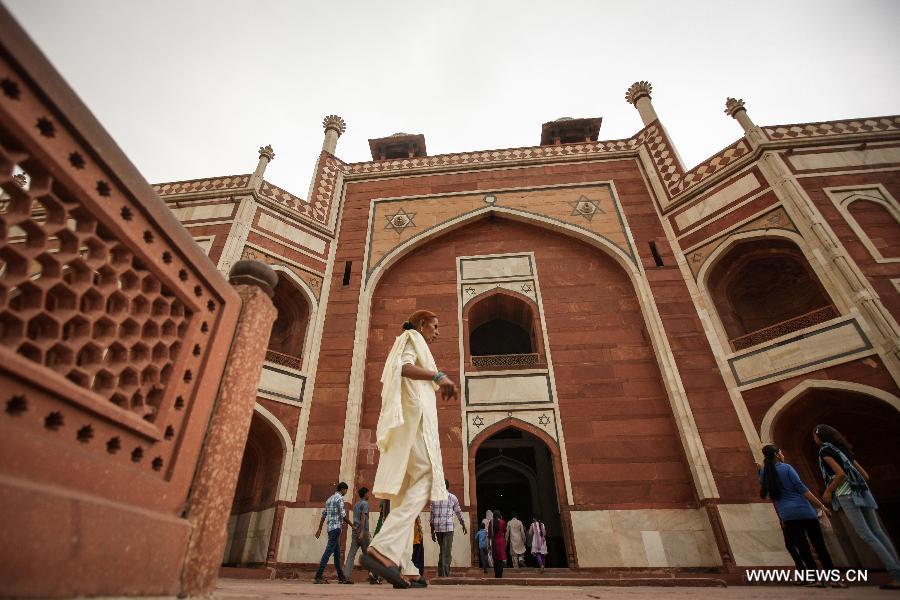

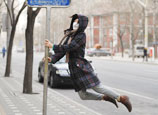
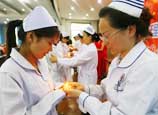
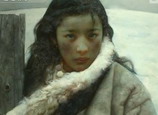


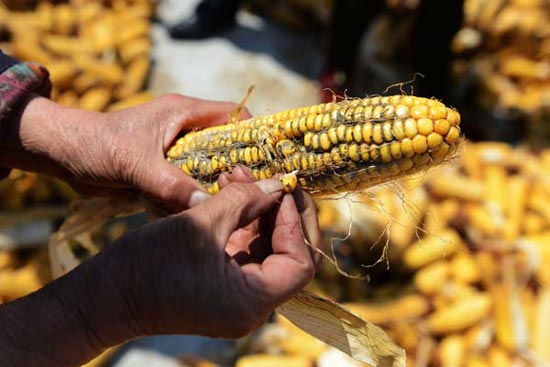






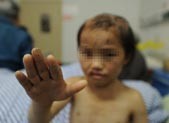 Father arrested for 'torturing' teen daughter
Father arrested for 'torturing' teen daughter


![]()
